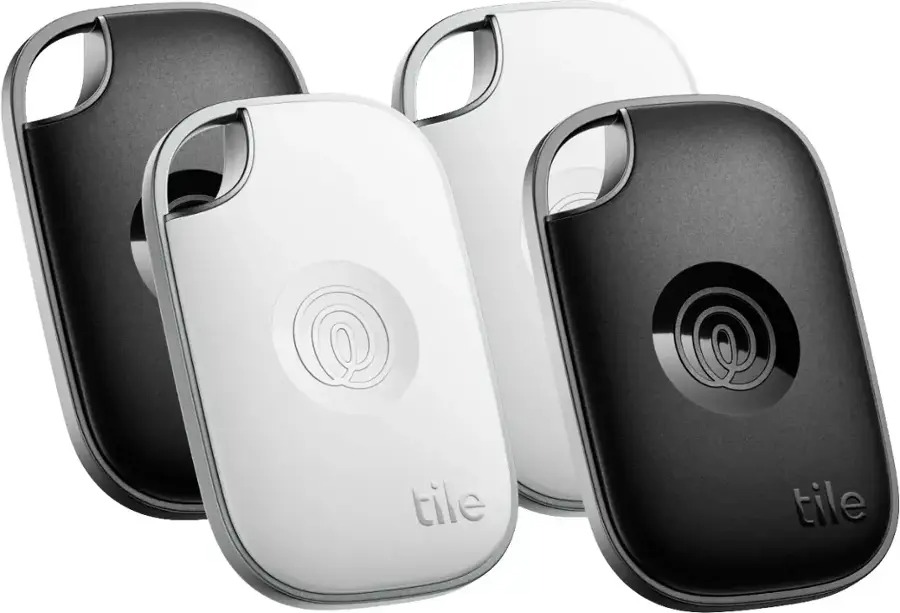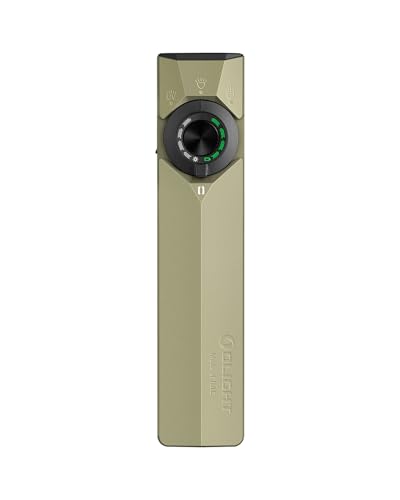Your everyday Bluetooth tracker just became a stalker’s best friend. Georgia Tech researchers have exposed fundamental security flaws in Tile tracking devices that make persistent surveillance trivially easy—affecting 88 million devices worldwide. Unlike Apple AirTags with built-in anti-stalking protections, Tile’s design actively enables the kind of tracking that turns “finding your keys” into “finding you.”
Static Addresses Create Permanent Digital Fingerprints
Tile’s fatal flaw lies in broadcasting static, unencrypted MAC addresses that never change. Anyone with a basic radio-frequency scanner can lock onto your tag permanently—like having a unique license plate that follows you everywhere. Apple and Google solved this years ago with rotating, encrypted identifiers. Tile apparently missed that memo, leaving users exposed to anyone with $50 worth of equipment and malicious intent.
Predictable “Security” Features Backfire Spectacularly
Picture this: your ex drops a Tile in your bag, then enables “Anti-Theft Mode“ to hide it from detection scans. Meanwhile, those rotating device IDs are meant to provide anonymity? They follow predictable patterns that researchers cracked easily. One recorded message lets attackers track your tag forever. Worse yet, anyone can replay your tag’s signal to “frame” others—making it appear your tracker is stalking someone else.
Company Ceased Communication After Security Warning
The timeline here stings. Georgia Tech notified Life360 in November 2024 about these vulnerabilities. After a limited back-and-forth, the company ceased communication in February 2025. Life360 claims they’ve made “security improvements” but won’t provide details or independent verification. For a company managing location data for 88 million devices, this silence feels like corporate negligence dressed up as business strategy.
Your Privacy Hangs in Digital Limbo
If you’re carrying Tile tags right now, you’re broadcasting your location in clear text to anyone listening. Unlike competitors with OS-level stalking alerts, Tile relies on manual scans that miss real-time threats. The surveillance capitalism machine keeps grinding while users remain unwitting participants. Your best bet? Switch to encrypted alternatives until Tile proves they’ve actually fixed these fundamental design failures—not just promised they have.






























